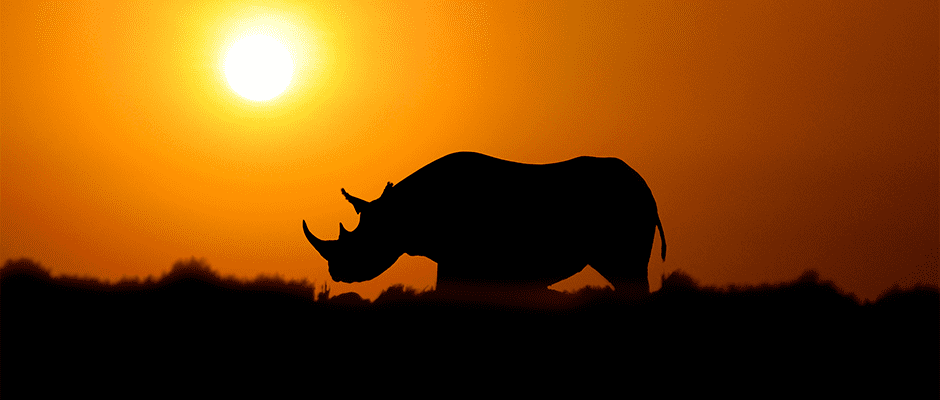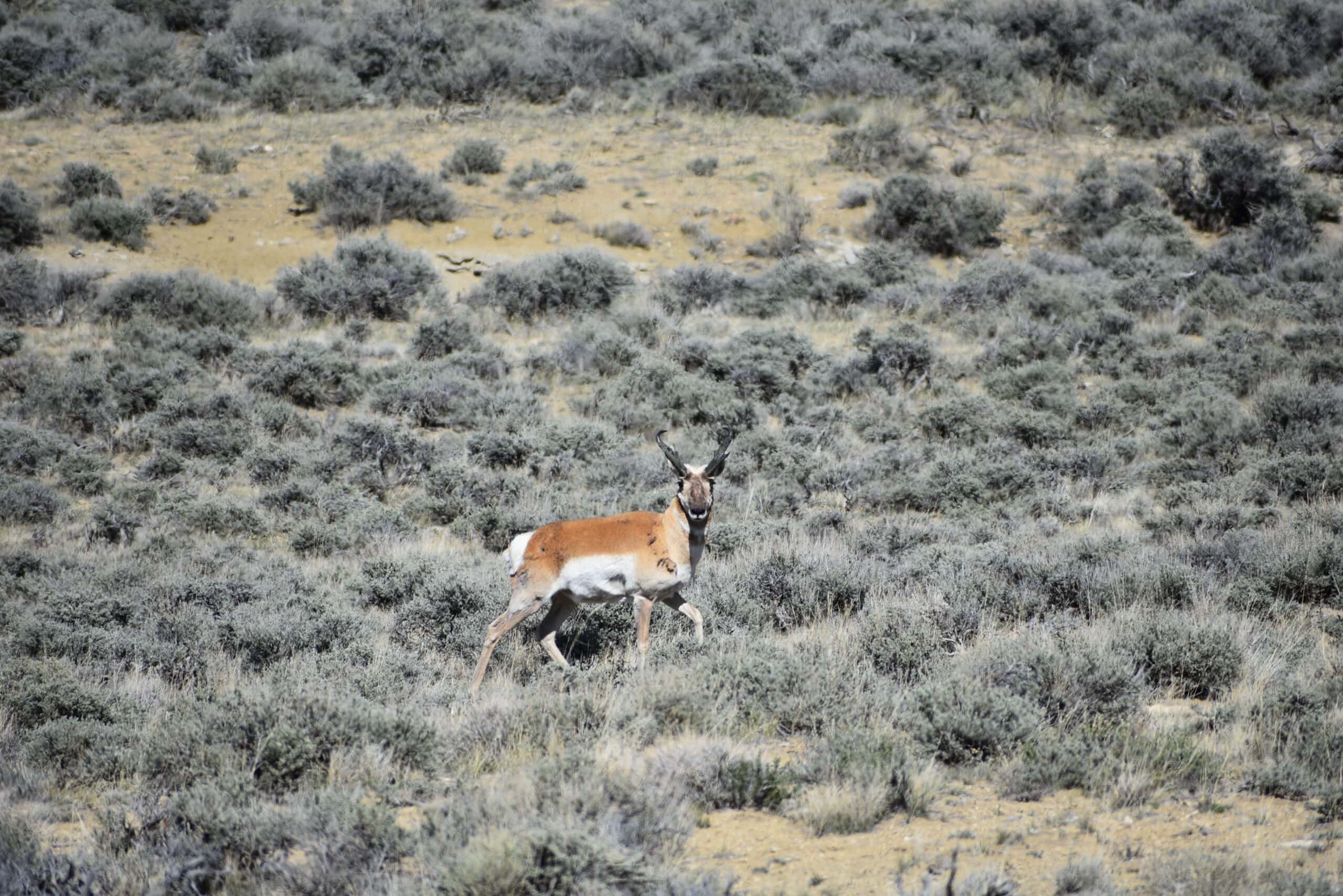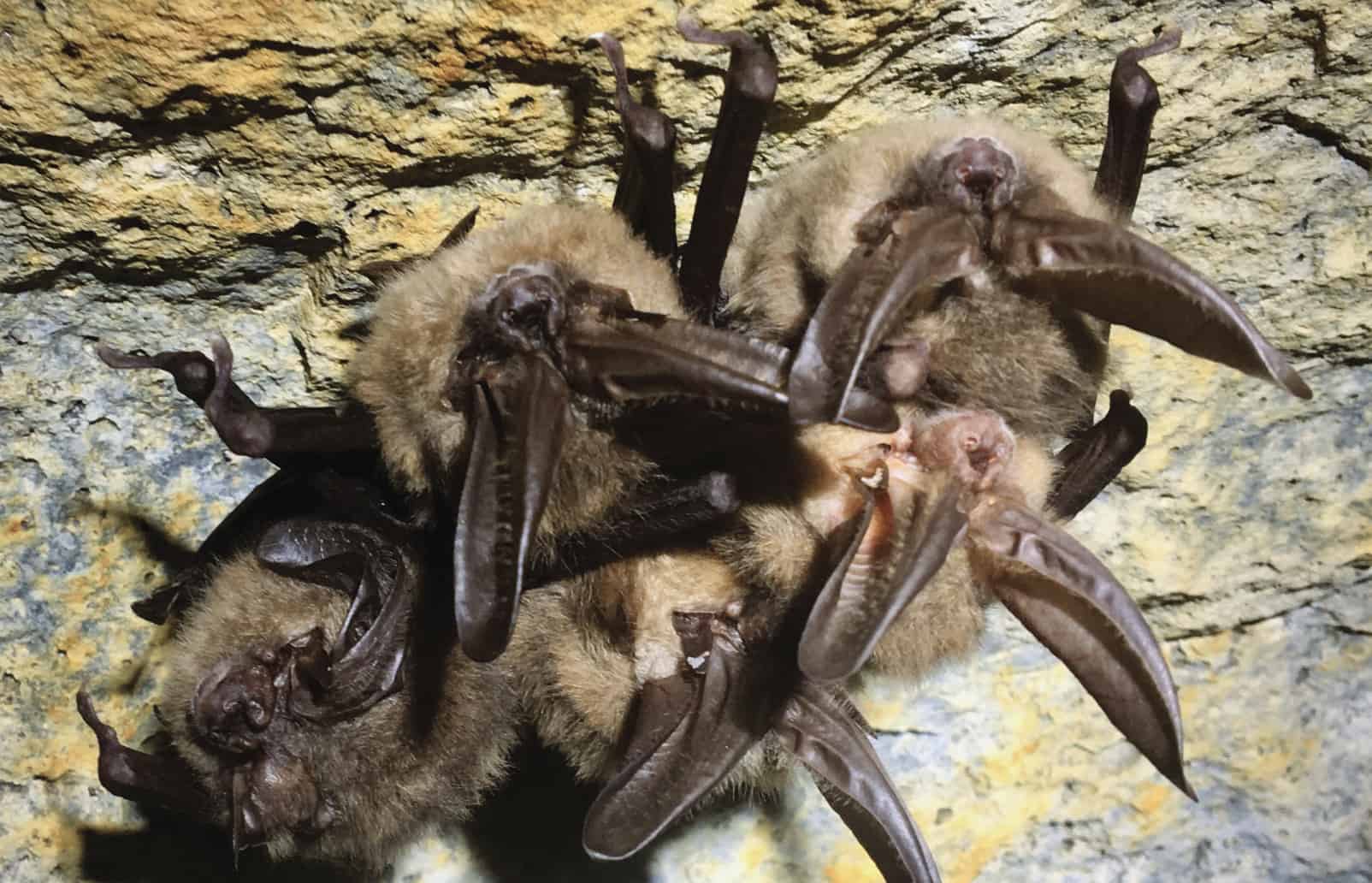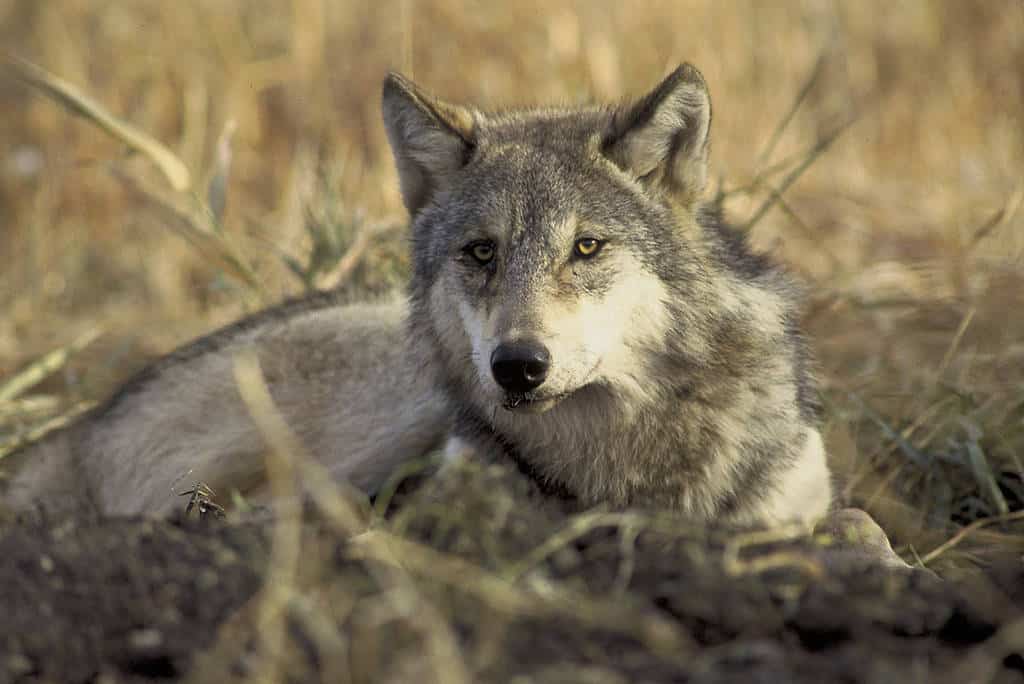Share this article
Global Anti-Poaching Act Passed by House
On 2 November the U.S. House of Representatives passed H.R. 2494, the “Global Anti-Poaching Act”. The bill passed by voice vote after 23 minutes of speeches in favor of the act.
Describing the importance of the bill, House Foreign Affairs Chairman Ed Royce (R-CA) said, “The very disturbing reality is that some of the world’s most majestic animals have become ‘blood currency’ for rebel groups and terrorist organizations in Africa,” adding, “Time isn’t on our side. Each day of inaction means more animals poached and more cash for terrorists.”
The legislation seeks action against wildlife trafficking through three main avenues: strengthening and expanding wildlife enforcement networks; punishing countries failing to make efforts to combat wildlife trafficking; and increasing the penalties of wildlife trafficking.
Wildlife Enforcement Networks
Wildlife enforcement networks are government-led, regionally focused programs designed to increase capacity and coordination between law enforcement, environmental agencies, and other organizations focused on countering wildlife trafficking. Networks exist in Southeast Asia, South Asia, and Central America and efforts are underway to establish new networks in Central Africa, the Horn of Africa, South America, and Central and West Asia. In 2014 wildlife enforcement networks played key roles in Operation Cobra II which resulted in over 400 arrests and more than 350 seizures of trafficked wildlife.
The bill offers support and technical assistance to countries engaging in wildlife enforcement. It supports professional ranger training, instituting legal reforms to give rangers the authority needed to combat wildlife trafficking, creating reward and promotion systems for rangers, and institutionalizing national systems to provide insurance to rangers and their families.
Designate Trafficking Countries
The bill instructs the Secretary of State, through consultation with the Secretary of the Interior and the Secretary of Commerce, to create a list of countries that have been determined as major sources, transit points, or consumers of wildlife trafficking products. The listed countries would be notified of their status and given 12 months to make substantial efforts to adhere to international agreements regarding threatened and endangered species. If no progress is made, the Secretary of State may withhold US assistance to offending countries.
Increasing Wildlife Trafficking Penalties
The U.S. Fish and Wildlife Service found that a large portion of wildlife criminals did not receive jail time due to limits on the punishment for wildlife crimes. The act seeks to change that by categorizing wildlife trafficking as equal with weapons and drug trafficking, making it a predicate offense for money laundering and racketeering. In addition the act requires fines, forfeitures, and restitutions from wildlife trafficking charges to be used in federal conservation and anti-poaching efforts.
The Global Anti-Poaching Act has been referred to the Senate and is waiting floor consideration.
Header Image: When protecting endangered species, some conservationists suggest targeting species with unique traits, like the black rhinoceros (Diceros bicornis). Image Credit: Ray Morris, licensed by cc 2.0








